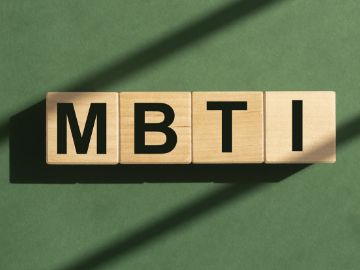How to Describe Your Work Experience in One Sentence

Describing your work experience in one sentence is no easy task. Including the right information in your resume will make a positive impression on a potential employer. In this article, you will learn how to get this information and which aspects of yourself you should use when describing your work experience in one sentence.
Dissecting Your Past Work Experience
Reflection helps us see what we have.
Building a work experience section on your resume is a process that everyone must go through. This section is your primary source to convey to an employer what you can offer them. Creating a personal timeline of your past will help create a foundation of what you should include in the work experience section.
Begin by listing all your previous job titles and roles. Write down what each position gave you in terms of experience, accomplishments, skills, strengths, and perspective. Reimagine how you can frame your achievements to a potential employer while you accurately inventory your past.
Once you have listed your previous work experience, stand back, and see how your career has unfolded so far. See if there are any patterns in your work and determine which elements stand out. Your story is not the sequence of events, but instead a mosaic of skills, experiences, and achievements that you can put together in a variety of ways.
If you are having difficulty deciphering your past, ask a buddy to help you out. A different perspective can offer valuable and honest insights about yourself that you may have never considered. When you feel like you have a clear assessment of your assets, begin putting your work experience onto your resume and think about how you can describe your past employment in one sentence.
What You Should Include (and Not Include) in Your Sentence
Competition for positions is high in the current job market. On average, an employer will only spend 6-7 seconds reviewing an applicant's resume, before they move on to the next candidate. When constructing your sentence, try to be concise and straight to the point with your message.
Here is an example of a poor sentence:
"As for my work experience, I have worked as a customer service advisor, a shop assistant, and a fast-food cook."
Your sentence should be relevant to the job you are applying for to entice an employer to read further. The phrase "as for my work experience" is unnecessary as what follows is a description of your work experience. Instead of just listing the job titles and organizations you've worked for, focus on your relevant skills and experience.
Here is an example of a better sentence:
"A motivated individual committed to adding value and supporting operations, with five years of experience dealing with customer service, cash handling, and quality control."
This sentence shows an employer what you can offer their organization in effort, experience, and skills. Outlining your experience by naming skills lets a recruiter know which areas you are competent in. Remember, you should focus on listing the skills you have that are most relevant to the job you are applying for.
Tailor Your Sentence to the Job Application
Although it is time-consuming and seems tedious, it is vital to tailor your resume to the job you're applying for to give yourself the edge over other applicants. When describing your work experience in one sentence, make sure to research the job description and organization thoroughly. If a job requires you to be flexible or self-sufficient, then prioritize skills and experiences that are relevant.
Be honest, self-aware, and positive in your sentence to give yourself the upper hand in your job search. The key is to make yourself stand out to any recruiter who is scanning your resume. Good luck and happy job hunting!



